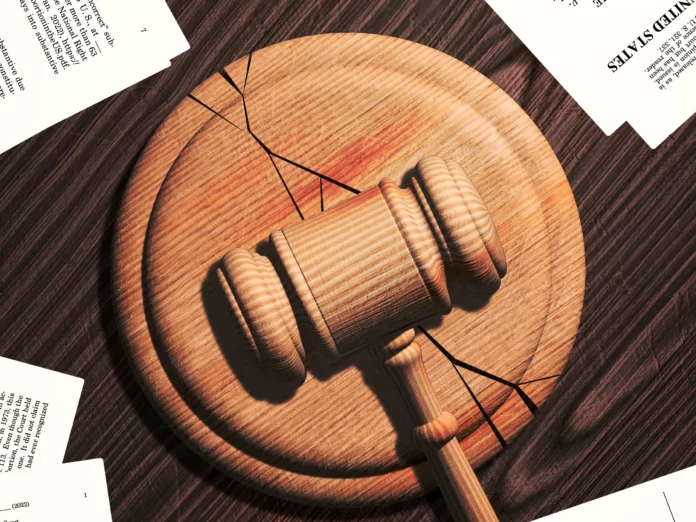USA Herald (Allegheny County, Pennsylvania) — In a shocking turn of events that exposes deeply unethical practices within the insurance and legal sectors, Grossi v. Rabel et al. is unfolding in the Court of Common Pleas of Allegheny County, Pennsylvania. At the core of the complaint are allegations against Michael Andrew Rabel, a lawyer accused of unethical conduct like accepting retainer agreements but failing to render legal services, practicing law without authorization in several states, and taking advantage of financially vulnerable clients.
But Rabel isn’t the only party under scrutiny; the spotlight also turns to Auto-Owners Insurance, the company that entrusted insured claims to Rabel. According to the plaintiff, Troy Grossi, Auto-Owners failed to properly monitor or supervise Rabel’s handling of claims, resulting in the alleged breach of contract and bad faith. The case poses a fundamental question: To what extent are insurance companies responsible for the actions of their contracted lawyers?
For our readers, particularly those navigating the maze of insurance and legal issues, the case offers a stark warning. The claim cites “bad faith insurance,” a term that refers to an insurer’s intentional denial, delay, or discounting of a rightful claim. In layman’s terms, it means your insurance company is not playing fair.
Grossi had a $1,000,000 Uninsured Motorist Coverage policy with Auto-Owners. He was involved in an accident with a “phantom vehicle,” a term denoting a vehicle that causes an accident but does not remain at the scene. According to the complaint, despite forwarding substantial evidence, including an expert medical report indicating his severe injuries were directly related to the accident, Grossi was offered a measly $37,500.
The crux of the bad faith allegation lies in how the insurer and their chosen legal representative, in this case, Rabel, handled Grossi’s claim. Not only did they allegedly offer an unreasonably low settlement, but they are also accused of lacking any medical evidence to counter Grossi’s claims and engaging in dilatory tactics. The charge of “bad faith” indicates that the insurance company did not act in good faith to meet its contractual obligations. Grossi’s ordeal underscores the imbalance of power between individual insureds and large insurance corporations, making it vital for consumers to be vigilant.
This case could have far-reaching implications for the public. If Grossi wins, it might set a legal precedent regarding the responsibilities of insurance companies in vetting and supervising the lawyers they work with. This could lead to more stringent regulations and oversight, potentially shaking up the legal and insurance sectors in Pennsylvania and beyond.
Beyond the legalities, this case serves as a gut-wrenching reminder of the struggle that many Americans face while dealing with insurance claims. It unveils an unsettling narrative about vulnerable segments of the population who fall prey to bad faith insurance practices and unethical legal conduct. stay tune to USA Herald for more on this case.
By Samuel Lopez
To read more by this author, visit Samuel Lopez’s Bio.






